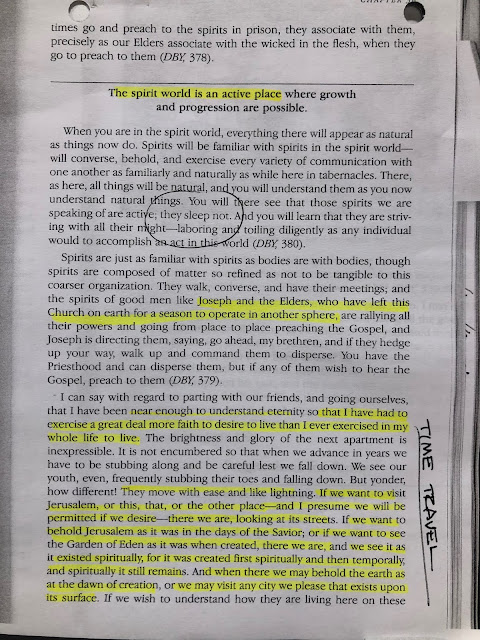Areté
ARETÉ (’αρετη)—in ancient Greek a term describing a maximum of ability and potency for action ( optimum potentiae ); a man’s effectiveness and skill in goodness. In the Polish language it corresponds to the term “cnota” (virtue) or “dzielność&rdquoi; (bravery). The problem of areté was one of the key ethical and pedagogical problems of antiquity (Jaeger); it is treated as the foundation of Platonic ontology (Kraemer); etymologically it is a noun without a subject: it comes from the word ’αριστος—the superlative degree of ’αγαθος [agathos]—good, and it can be most faithfully translated as “excellence” (the quality of being the best). DIFFERENT TYPES OF ARETÉ— Heroic Arete. In Homer’s poems the Iliad and Odyssey , the desire for areté or the possession of areté is a characteristic of the aristocracy. They lived in eminent families under the leadership of a local oligarchy described as ’αγαθος (good). In Homer the word applied to men capable of fighting—able warri
